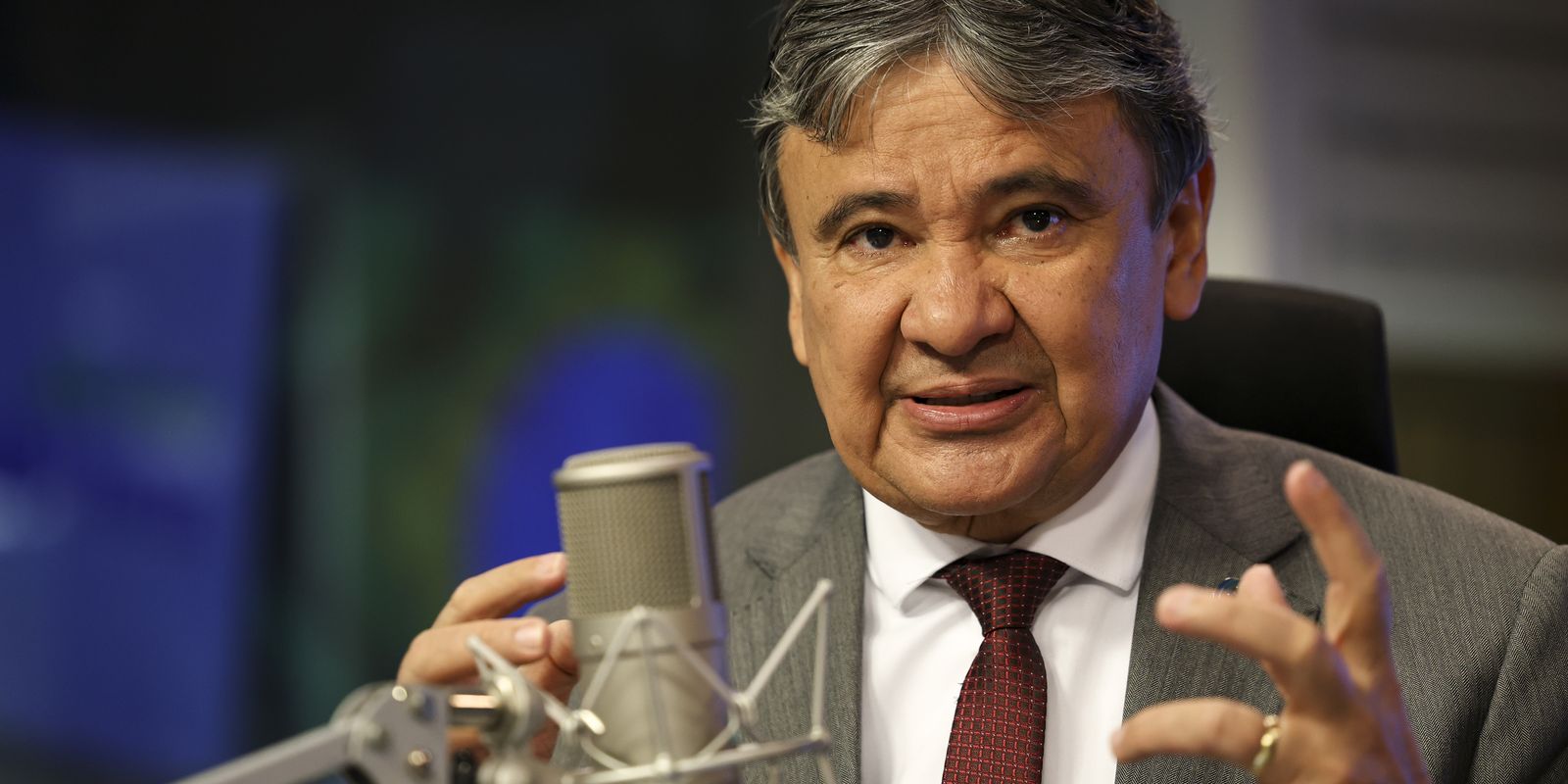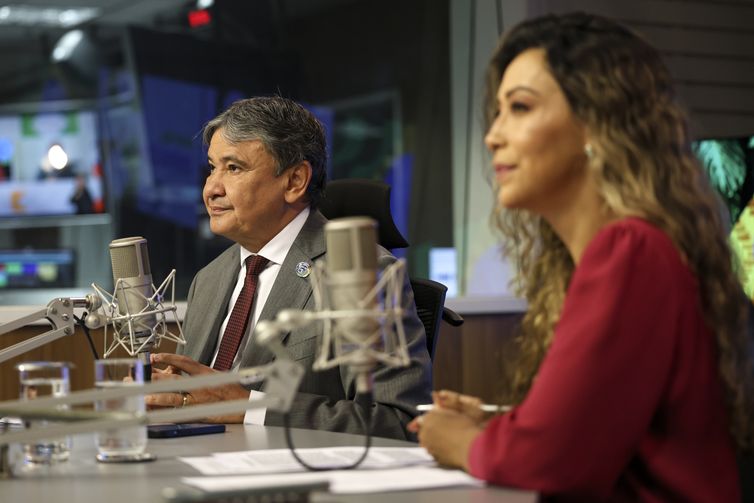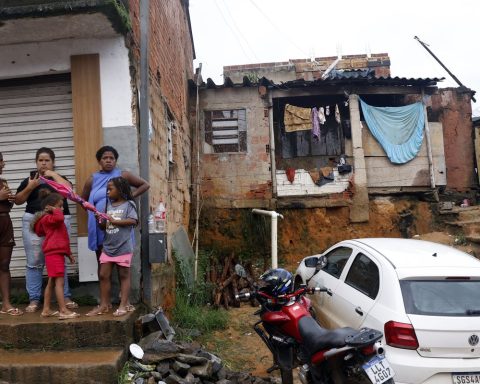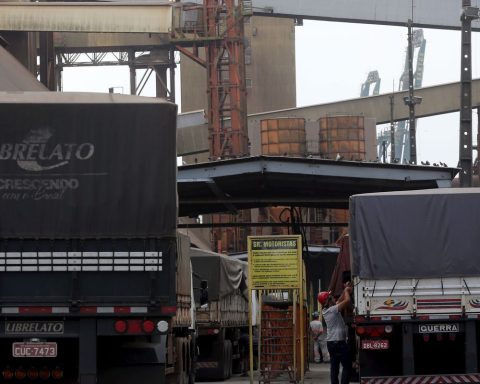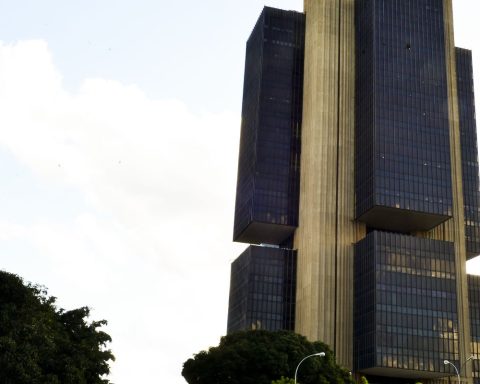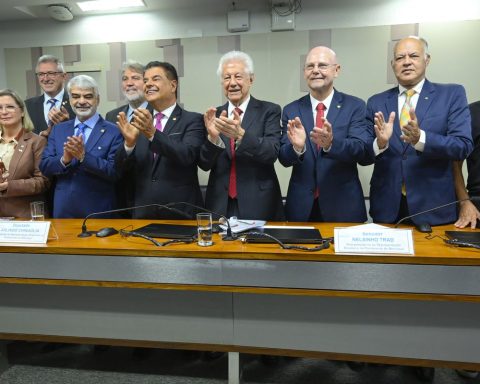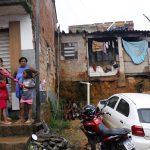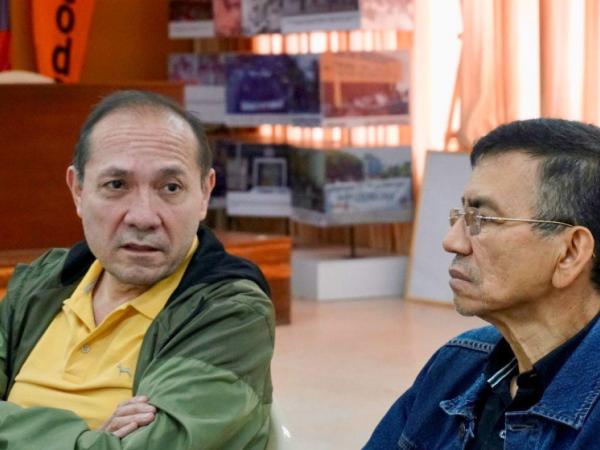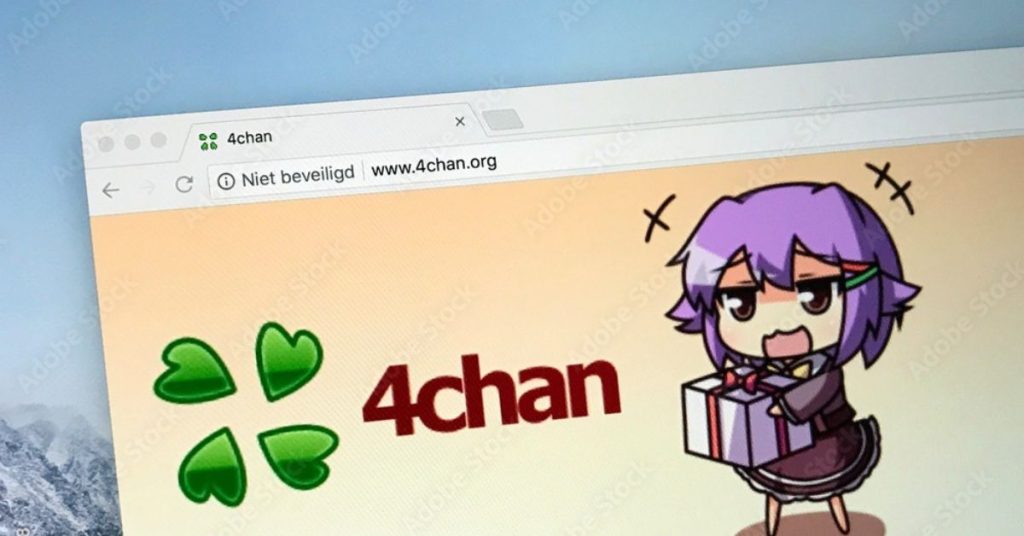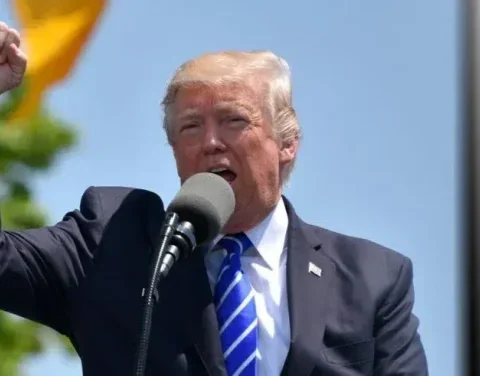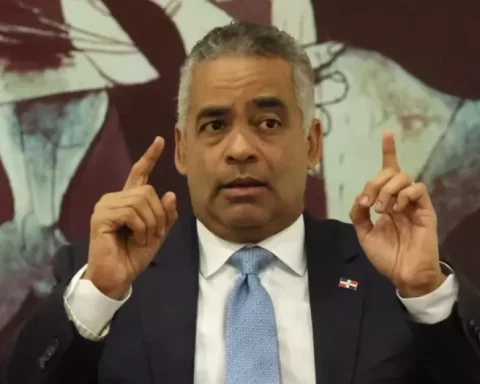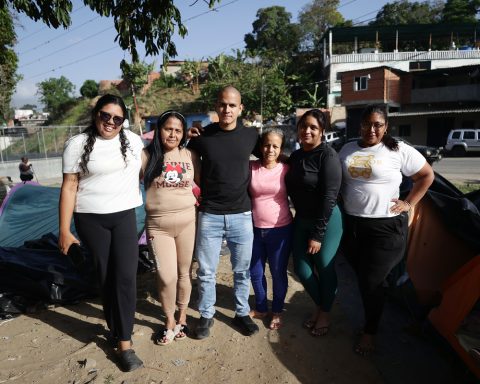The Minister of Development and Social Welfare, Family and Hunger Fighting, Wellington Dias, said on Tuesday (15) that the beneficial effects of Bolsa Familia go far beyond the removal of tens of millions of poverty, helping the local economy in the most diverse municipalities, at the same time, helping the local economy, resulting in the growth of the country’s Gross Domestic Product (GDP).
For Wellington Dias, GDP growth errors made by the market, always more pessimistic about the economy, have been a constant precisely because it does not take into account the effects of public policy, such as Bolsa Familia, for the economy.
According to him, the market will continue to make mistakes in these projections. “We have everything to grow, again, between 3% and 4% in 2025, while the market says it will be 1.5%. I say this because it is the economy of the poorest which is leveraging growth in Brazil. It is these millions of people who previously had no money even to eat, but now they have a workout income;
Protective mattress
The minister also said that the public policies that have been implemented by the federal government, such as unemployment insurance, rural retirement and Bolsa Familia itself are, in fact, “a protective mattress” that enabled Brazil to remove 33.1 million Brazilians from hunger.
“When President Lula took over, these people were starving. We already reduced [esse índice em] 85%. This money that circulates in the economy in Amazonas, Brasilia, Rio Grande do Sul, Piauí and all regions of Brazil is also a factor for the country’s own development, ”he said.
“The circulation of this money, where these people live, generates a grocery store; a fair; butcher shop, green; becomes beauty salon. Finally, it generates an economic activity,” he added.
>> IBGE: poverty and extreme poverty have reached lower level in the country since 2012
Anticipation of Bolsa Familia
During the program Good morning, ministerproduced by Brazil Communication Company (EBC), Wellington Dias announced that the federal government releases, From this Tuesday (15), about R $ 14 billion early for beneficiaries living in states and municipalities that are in emergency or calamity due to floods or drought.
“We made the decision to anticipate the payment for this 15th, in these municipalities of emergency [devido a enchentes]. This payment breaks that interstitium of the calendar and pays the entire benefit. It is released and made available at Caixa agencies and the authorized network. It is a way of being able to have a money there for these moments of great difficulty, ”said the minister, referring to southern and northern states, besides Rio de Janeiro, São Paulo and Paraná.
According to the minister, there are cases where this emergency situation due to drought, especially in the Northeast, as is the case of Piauí and Ceará. The anticipation also aims to make people spend the Easter holiday with the benefit already in their pockets.
Change of criteria
Dias criticized some prejudiced manifestations regarding the program. These criticisms would start from the premise that Bolsa Familia allegedly discouraged the beneficiaries to seek other sources of income, such as jobs.
“I even understand [essas críticas, quando feitas por] People who have not been hungry or who have not lived closely with those who have already lived, ”said the minister.” The point is that those who starve have no willingness to anything but go after food. To the point of undergoing embarrassing situations, ”he added by stating that, among the evil consequences of hunger, is prostitution and“ people who are willing to dedicate a full day of service for a plate of food ”.
In order to ensure that the program fulfills the function of helping people overcome poverty, Wellington Dias said some profound changes were implemented from 2023, including allowing the benefit not to be canceled immediately after the beneficiary has his work card signed.
“Having a formal contract cannot be a criterion for canceling benefit, since the goal is to achieve the overcoming of poverty. There was a fear [entre os beneficiários] When it reaches a certain income, no longer receive Bolsa Familia. That’s because, there was a line the size of the world [para, posteriormente, caso perca o emprego, se retornar ao Bolsa Família]”.
“We change this. Now who enters the Single Registry of Bolsa Familia only goes up, through an income of overcoming poverty. And if this income is lost, automatically returns to the program,” he added.
Seasonal and entrepreneurs
Days remembered that the changes that have been implemented in the Program is aware of the situation of workers They provide services in a seasonal manner, in order to prevent any extra temporary income from resulting at the end of the benefit.
“We know that there are those people who, in a month of work only, receives a higher salary than the first, and ends up coming out of the salary of that month. To avoid this, now we share this salary for 12 months. And we consider the average income of 12 months,” explained the minister.
According to him, only with these modifications did the system benefit 4 million families, which is equivalent to something like 10 million people who receive Bolsa Familia and Sala.
“There are also those who are undertaking. When income rises and reaches the exit of poverty. We are talking about 7 million people who are working and receiving Bolsa Familia here. There were 16.5 million Brazilians who started working [empreendendo]besides the many with seasonal employment. ”
